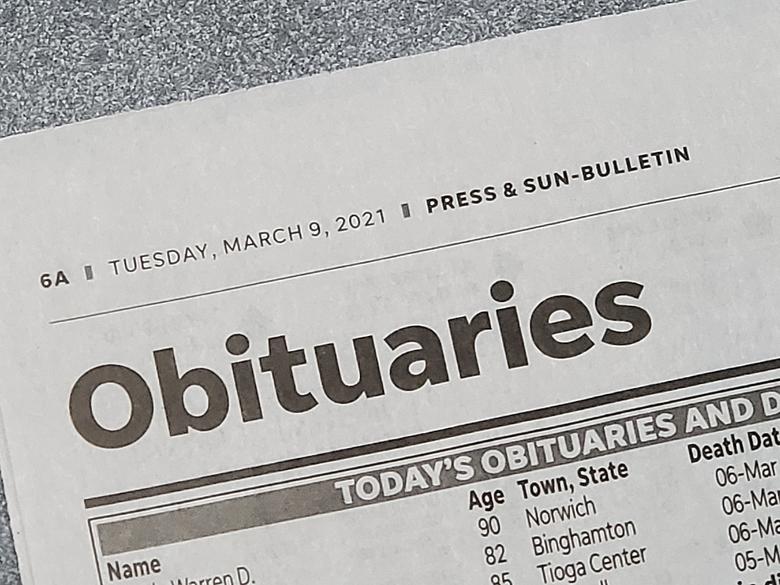When I first heard that a middle school in Glastonbury, CT was going to stop releasing its honor roll for publication in order to protect the feelings of those students who haven’t earned the honor, I was horrified.
Students who have worked hard and made the best use of their talents are going to suffer because everyone can’t make the honor roll?
What’s next? Will newspapers stop reporting on high school basketball games because there are players on both teams who failed to score any points?
Then I read the article in the Hartford Courant and came upon the rationale behind the decision:
“We have a school where 96 percent of students go on to college,” (superintendent) Bookman said. “The percentage of students making the honor roll at both schools is tremendously high. … It makes those who don’t make it stand out and puts more pressure on the kids who don’t make it.”
“There is no reason to put additional pressure on kids,” he added. “The motivation to do well should not be to see your name in the paper. It should be to do well in school and go to college.”
This rationale caused me to doubt my initial reaction. In a school district where the number of students who make the honor roll is “tremendously high”, perhaps there is something to be said for keeping the list out of the newspapers. If one or two percent of the students don’t make the list, the honor roll could conceivably become a means of ostracizing lower performing students rather than celebrating student achievement.
After all, if nearly everyone makes the list, is the honor roll even an effective means of celebrating student achievement?
If everyone is special, then no one is special.
Then again, should we remove a means of academic recognition enjoyed by students for decades simply because it might make a few kids feel bad?
Isn’t the purpose of the honor roll to celebrate student achievement and a establish a level that all students can aspire?
I read this story five days ago and have been going back and forth about it ever since, seeing the merits to both sides of the argument.
Late last night I finally settled on an opinion.
In the end, I applied the situation to Clara.
If my daughter was in that middle school and she was one of the few students not making the honor roll, either as a result of her lack of effort or her innate struggles as a learner, I would not want the honor roll to be held back from publication in order to protect her feelings.
Life is not fair, and we are not all equal. Whether her exclusion from the honor roll was the result of effort or inability, it would be my job as a parent to talk to her about this and help her process the reasons behind her exclusion.
If her effort was lacking, a kick in the pants would be in order, and it would be an important lesson learned.
If her ability prevented her from achieving honors, then a more difficult discussion about reasonable expectations and personal limitations might be needed, and an even more important lesson would be learned.
But I would not want the world to conform to my daughter for the sake of her feelings.
The world does not conform to individuals. Nor should it.
It is a lesson best learned at an early age, as cruel as it may seem.









